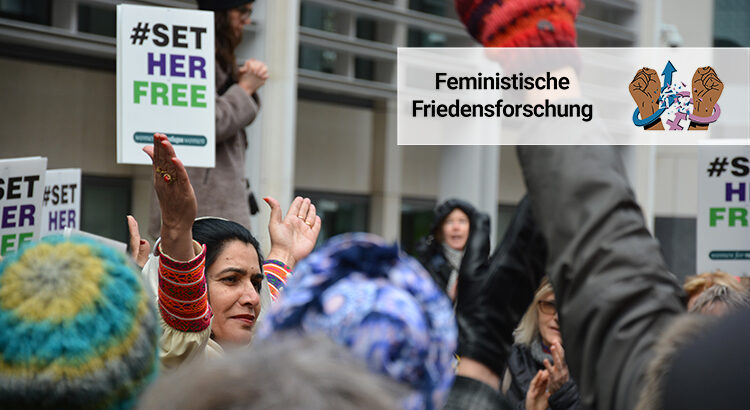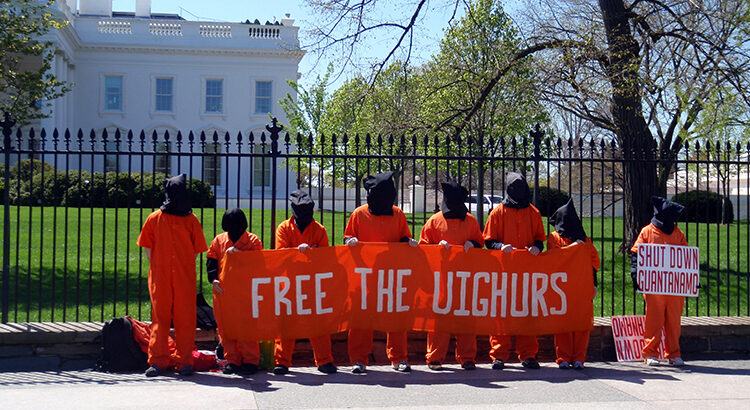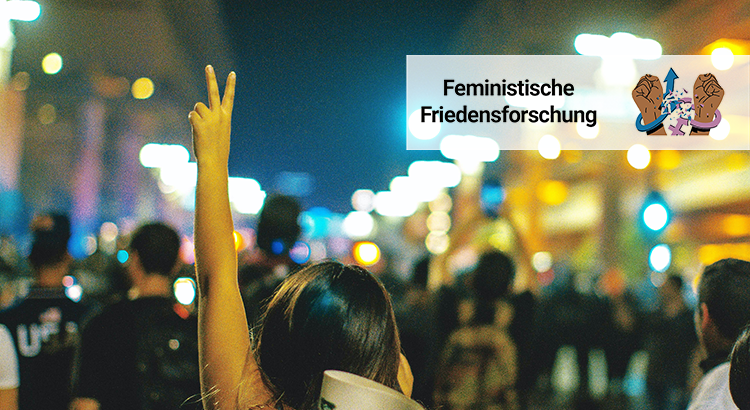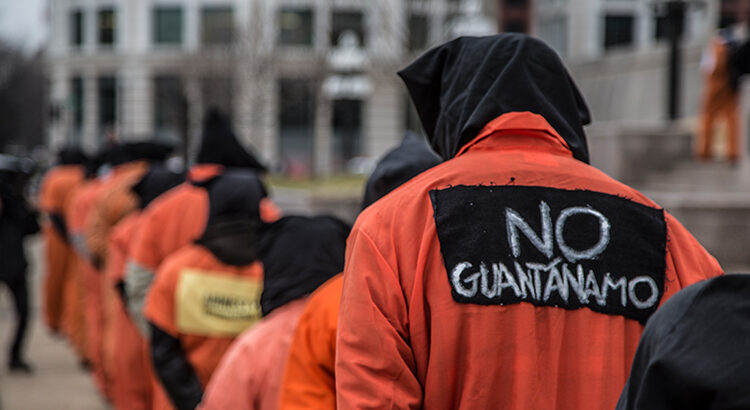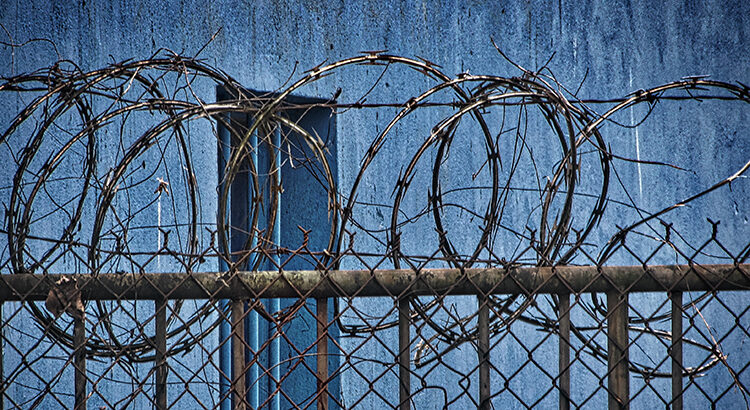Frauen, Mädchen und LGBTIQ+-Personen sind aufgrund ihrer besonderen Gewaltbetroffenheit sowohl auf Fluchtwegen als auch im potentiellen Aufnahmeland besonders zu schützen. Doch das internationale Flüchtlingsschutzsystem unterliegt einem male bias, der aus feministischer Perspektive zu drei grundlegenden Problemen führt: der notwendigen Öffentlichkeit der Verfolgungshandlungen, der androzentrischen Definition der politischen Sphäre sowie einer Hierarchisierung von Menschenrechten. Sie erschweren es Personen, die von geschlechtsbezogener und geschlechtsspezifischer Verfolgung betroffen sind, internationalen Schutz in Anspruch zu nehmen.
Schlagwort: Menschenrechte
The Xinjiang Police Files and the Visit of the UN High Commissioner: Will This Open Up New Opportunities?
The treatment of the Uyghur population by the CCP has been an ongoing concern for the last 5 years. Over this time information has leaked from government and security sources which indicates that grave human rights violations and potentially even crimes against humanity have been committed. The UN High Commissioner has recently visited China and the Xinjiang region and in this context the newest significant trove of information was released, showing once more the human rights abuses. Yet it is unlikely that any multilateral action will be taken, outside of diplomatic efforts. As there are few avenues to address these human rights violations in international law, the more diplomatic approach that can be seen in the visit of the High Commissioner should be supported.
Feministische Perspektiven in der Friedens- und Konfliktforschung
Feministische Perspektiven in der Friedens- und Konfliktforschung konzentrieren sich auf Geschlechterverhältnisse in Kriegen, Konflikten oder in der Friedensförderung. Die Forschung analysiert Ursachen und Folgen von Geschlechterungleichheit und -diskriminierung, blickt aber auch auf verschiedenen Gewaltformen, also auf physische, strukturelle und systemische Gewalt, wie z.B. Sexismus und Rassismus. Feministische Friedens- und Konfliktforschung ist machtkritisch und inklusiv, sie stellt marginalisierte und unsichtbare Stimmen in den Mittelpunkt der Analyse von internationaler Politik. Unsere neue Blogreihe will die Vielfältigkeit der feministischen Forschung in der Friedens- und Konfliktforschung aufzeigen und politische Erfolge und Misserfolge sichtbar machen.
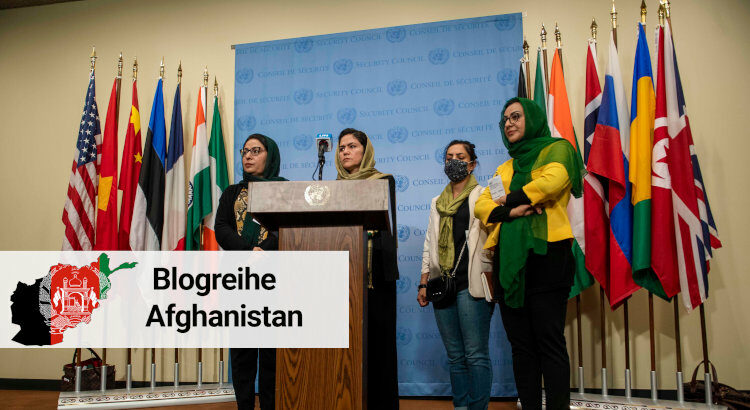
Acting upon Afghan women’s appeals to inclusive peace
After twenty years of “war on terror” the Taliban took power in Afghanistan on August 15th, 2021, following a hasty U.S. troop withdrawal and a chaotic evacuation. This raises multiple questions and concerns. Retrospectively, it questions the reasonableness and benefit of the NATO mission in Afghanistan, as well as the political peace process that culminated in the Doha agreement between the U.S. and the Taliban in February 2020. In terms of future developments, it also raises concerns about the maintenance of socio-cultural gains as well as human rights in general – and women’s rights in particular.
A Guantánamo in Syria for European Jihadists is not a Solution
Despite previous European calls for the US to close Guantanamo Bay detention camp, established twenty years ago, several European countries are using similar de facto detention camps in Syria. This blog-post argues that detention camps controlled by Kurdish forces in northeast Syria are a security risk rather than a solution. Aside from humanitarian and legal arguments usually made in this context, recent developments in northeast Syria show that Islamic State of Iraq and Syria (ISIS) is regrouping, illustrated by its high scale attack on the Ghweran prison in Al-Hasaka, in January 2022.
Olympische Spiele in Peking 2022 – Diplomatischer Boykott für mehr Menschenrechte?
Am 4. Februar 2022 beginnen die Olympischen Winterspiele in China. Einige Länder haben einen politischen Boykott aufgrund der massiven Menschenrechtsverletzungen durch das chinesische Regime verkündet. In der Geschichte der Olympischen Spiele gab es immer wieder umfassende sportliche Boykotte – unter anderem Montreal 1976, Moskau 1980 oder auch Los Angeles 1984. Ein Blick auf diese historischen Beispiele ermöglicht eine Einschätzung möglicher Wirkungen eines Olympiaboykotts. Die deutsche Bundesregierung konnte sich nicht zu einer eindeutigen Position zu einem möglichen Boykott der anstehenden Winterspiele durchringen. Zumindest tragen die Diskussionen darüber aber dazu bei, national und international die Aufmerksamkeit für chinesische Menschenrechtsverletzungen aufrecht zu erhalten.
Flüchtlingsschutz muss Grenzschutz weichen: Zum Vorschlag der EU-Kommission zur Reform des Schengen-Systems
Im Dezember legte die EU-Kommission einen Gesetzentwurf zur Reform des Schengen-Systems vor. Was auf den ersten Blick die Grenzkontrollen im Rahmen des Schengener Grenzkodexes harmonisieren soll, könnte zur weiteren Erosion der Menschenrechte an den EU-Außengrenzen beitragen. Die Mitgliedstaaten werden primär mit Maßnahmen ausgestattet, die auf Abschreckung und Verhinderung von Asylverfahren ausgerichtet sind. Dies untergräbt letztlich das normative Fundament der Union.
Why not to deport suspected ‘terrorists’ to Syria: a security perspective
In their meeting in December 2020, German interior ministers decided not to prolong the general ban on deportation to Syria in place since 2012, which makes Germany among the first European countries to take this controversial move. Refugees with a criminal record and suspects of planning terrorist attacks, the so-called ‘Gefährder’ are facing possible deportation to Syria. Building up on a discussion of Syria’s ambiguous historical relationships with militant Islamists, this blog post argues that sending suspected terrorists back to Syria does not serve a long-term goal of countering violent extremism.
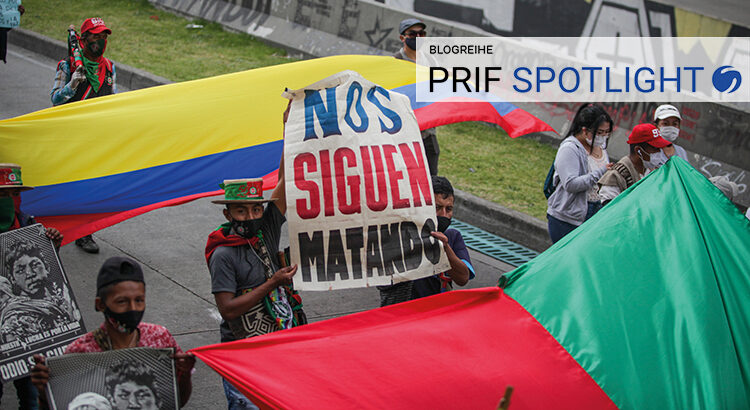
The Political Logic of Violence. The Assassination of Social Leaders in the Context of Authoritarian Local Orders in Colombia
Ever since the conclusion of the peace deal between the Colombian government and FARC guerrilla in late 2016, the number of social leaders murdered has risen sharply – something that even the latest developments surrounding the Covid-19 pandemic have had little bearing on. These acts of violence are frequently attributed to the presence of armed non-state actors and their fight for control over illegal economies. And yet, the situation has an unmistakably political side to it, reflecting the very modus operandi of local authoritarian orders in Colombia. For counterstrategies to be developed, it is crucial to acknowledge the political logic behind the violence.
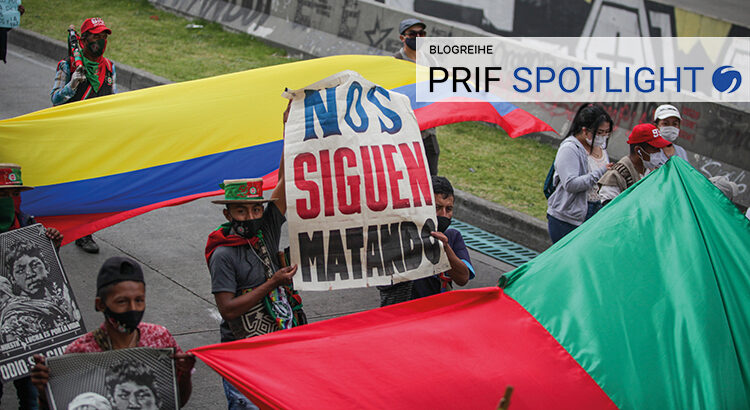
Die politische Logik der Gewalt. Zur Ermordung sozialer Aktivist*innen im Kontext autoritärer lokaler Ordnungen in Kolumbien
Seit dem Abschluss des Friedensabkommens zwischen der kolumbianischen Regierung und der FARC-Guerrilla Ende 2016 sind die Morde an sozialen Aktivist*innen deutlich angestiegen. Daran hat sich auch unter den Bedingungen der COVID-19-Pandemie nichts geändert. Häufig wird diese Gewalt allein auf die Präsenz bewaffneter, nichtstaatlicher Akteure und deren Kampf um die Kontrolle illegaler Ökonomien zurückgeführt. Sie hat aber zugleich eine dezidiert politische Seite und spiegelt konkret die Funktionsweise lokaler autoritärer Ordnungen in Kolumbien. Diese politische Logik anzuerkennen, ist wichtig, um Gegenstrategien zu entwickeln.
